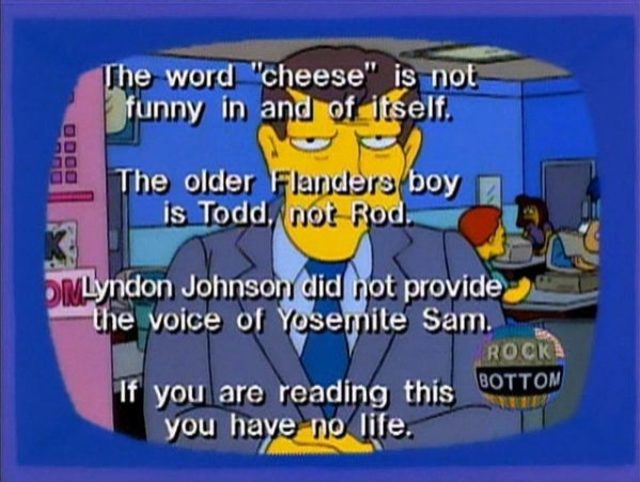

One charge of the bill, among others, is that the act violates the Fourteenth Amendment of the Constitution, in that it deprives the plaintiffs of their liberty without due process of law, because it is indefinite and uncertain, and fails to fix any informing standard of criminality. All contracts violating the act are avoided violation of the act is made a good defense to a suit for merchandise that was sold in pursuance of a combination under it and a right of action for damages against the combiners is given to any one injured by the combination.
FRINK RULES FULL
The bill sets out in full the Colorado anti-trust law, which punishes as a crime combinations of persons and corporations to restrain trade or commerce, with certain exceptions, and makes it the duty of the defendant, the district attorney, to prosecute alleged violations thereof, and to institute actions for forfeiture of charters of associations engaged therein.

It avers that the three dairy companies have been separately conducting for years, in Danver, Colo., and its vicinity, the sale and distribution of milk, butter, and all manner of dairy products that each has invested in its business more than $100,000 that they are also engaged in interstate commerce, buying and selling from without the limits of the state that the individual plaintiffs, Connon, Frink, and Morrison, are respectively officers and stockholders of the three plaintiff companies that McClintock, the other individual plaintiff, is an officer and stockholder of the Beatrice Creamery Company, a corporation of Delaware, also in the dairy business in Denver that the individual plaintiffs, experienced dairymen, by painstaking effort, fair dealing, and careful management, have gained thousands of customers and a well-established trade and that their companies, in addition to their tangible property and assets, have good wills of great value. The bill alleges that the suit involves for decision the question of the validity under the Constitution of the United States of what is known as the Colorado Anti-Trust Act, being chapter 161 of the Session Laws of the State of Colorado for 1913, approved April 7th of that year.


 0 kommentar(er)
0 kommentar(er)
